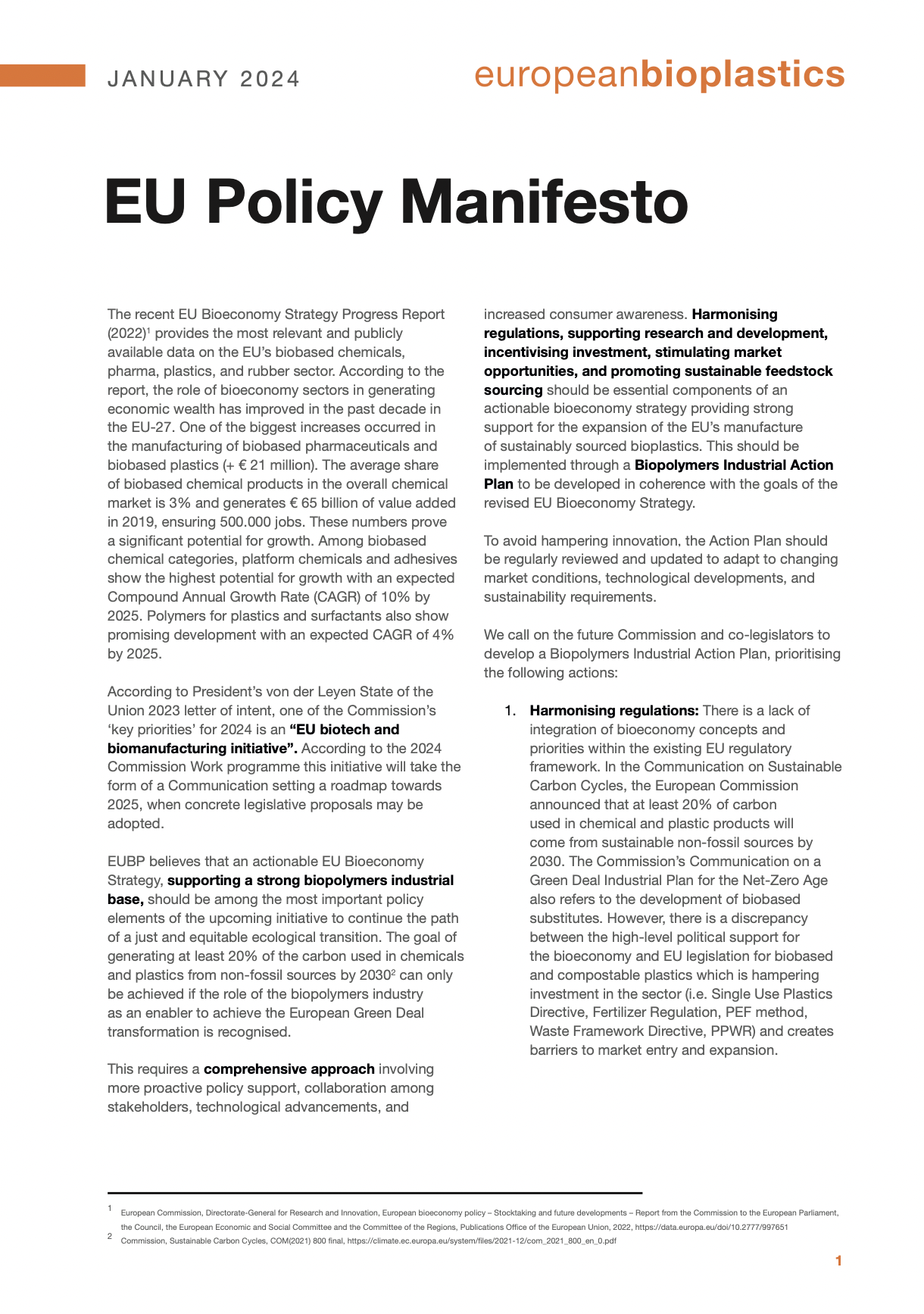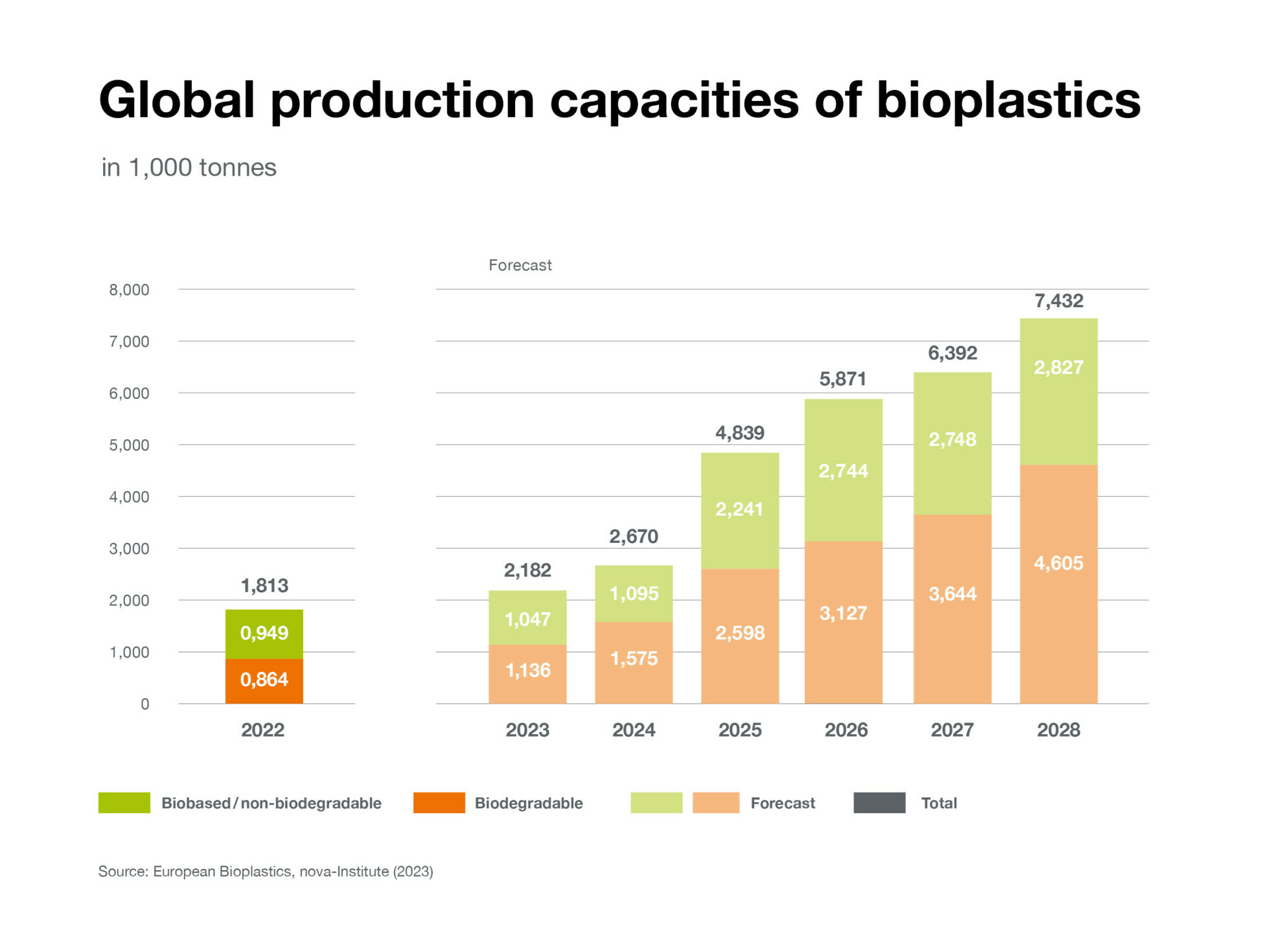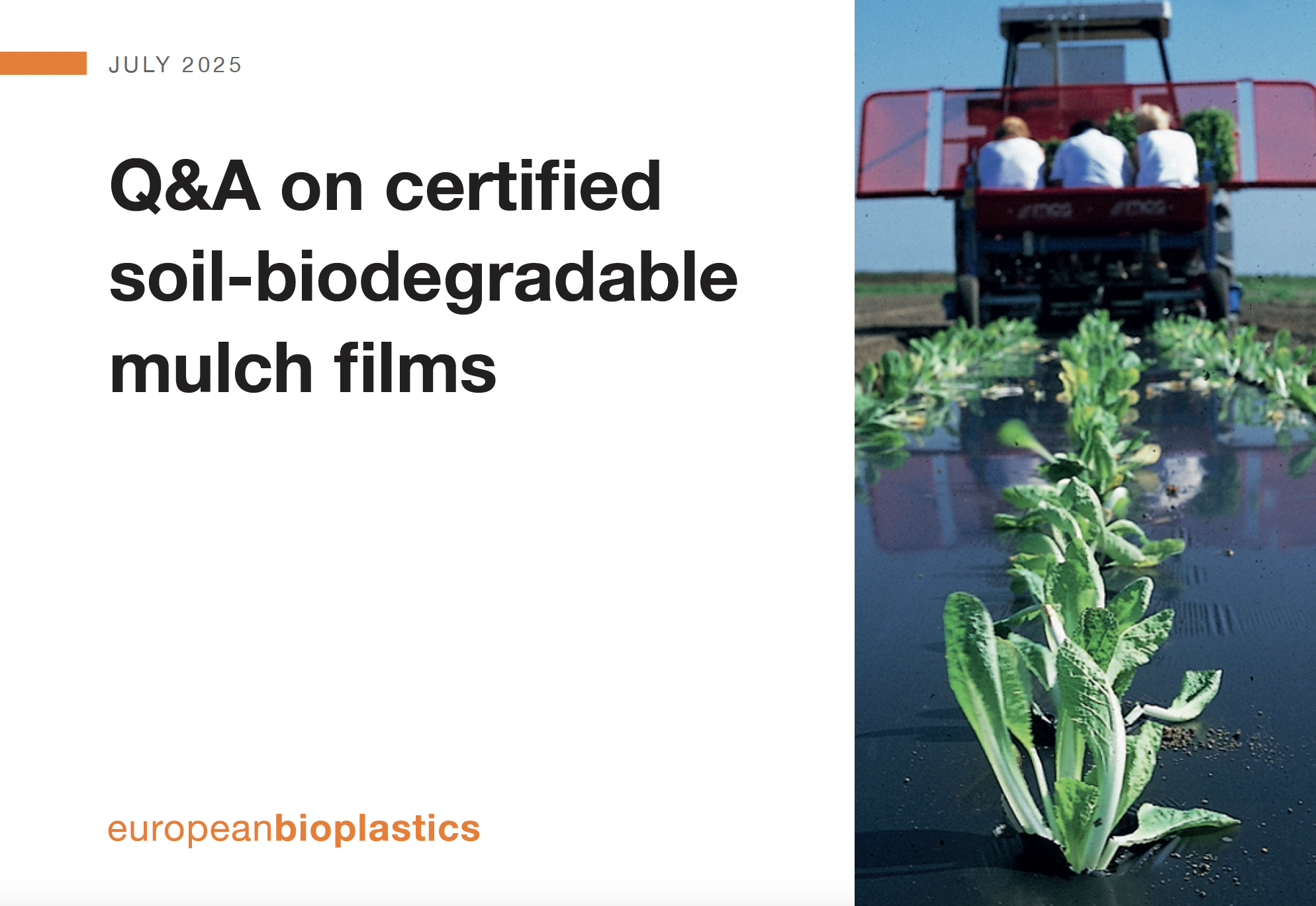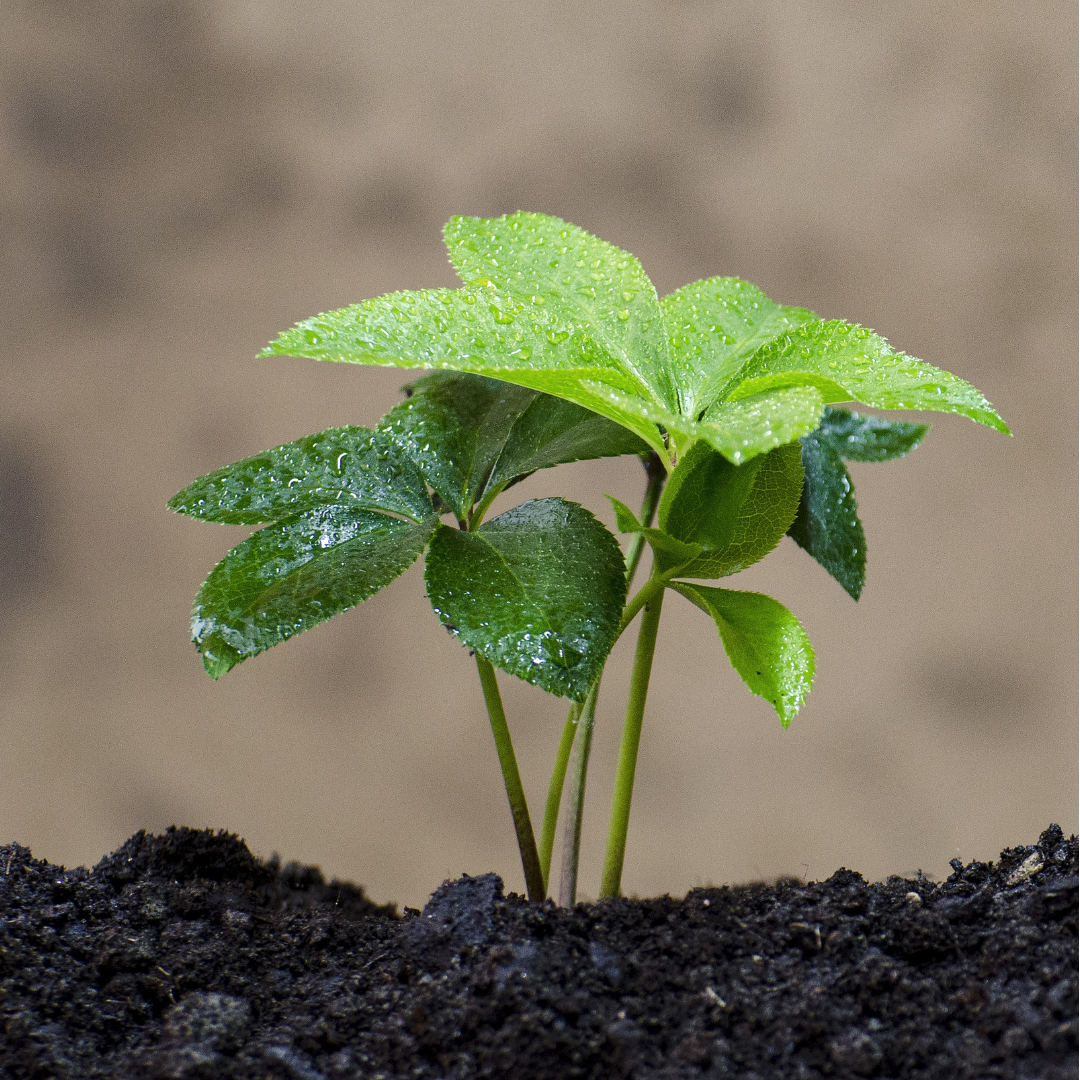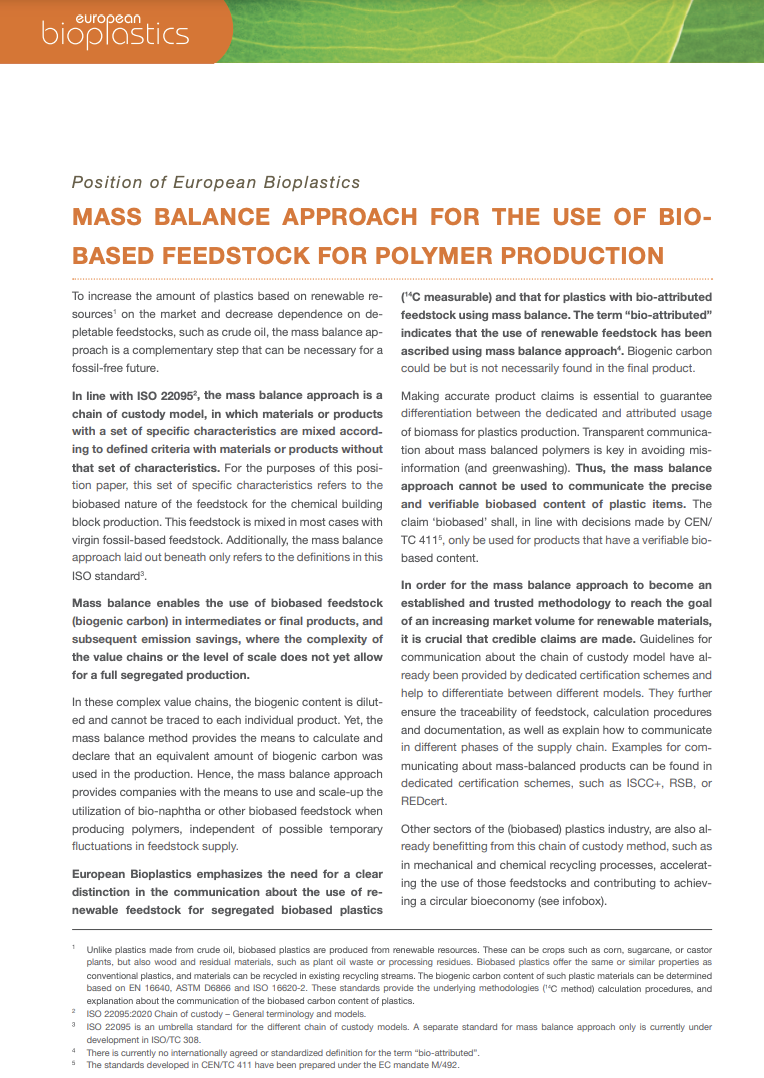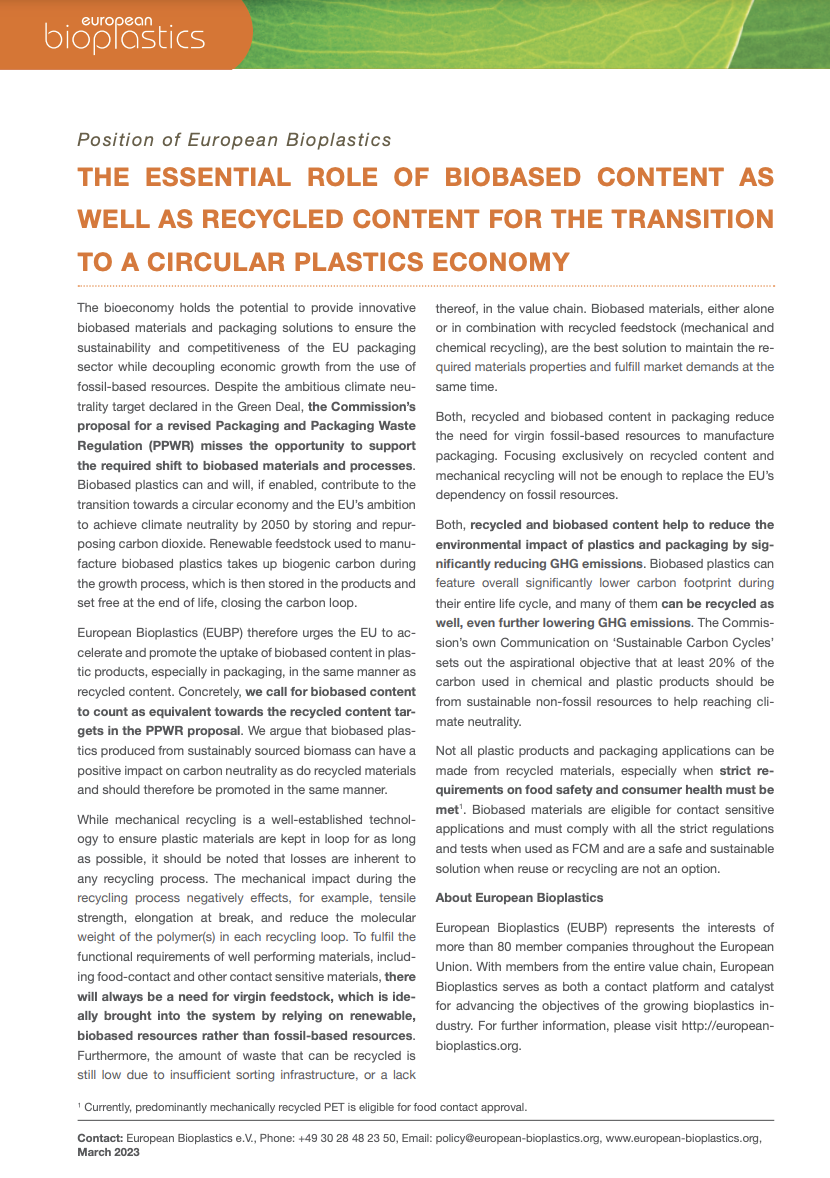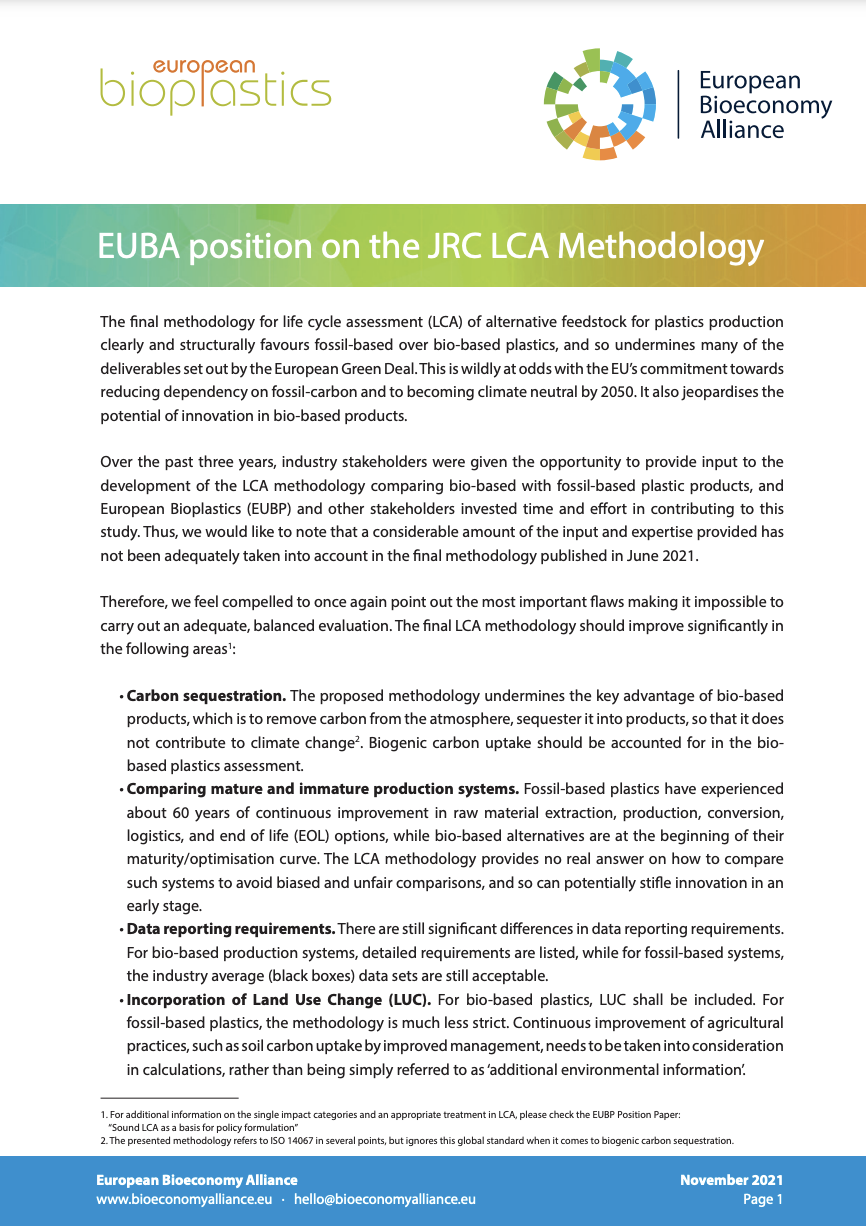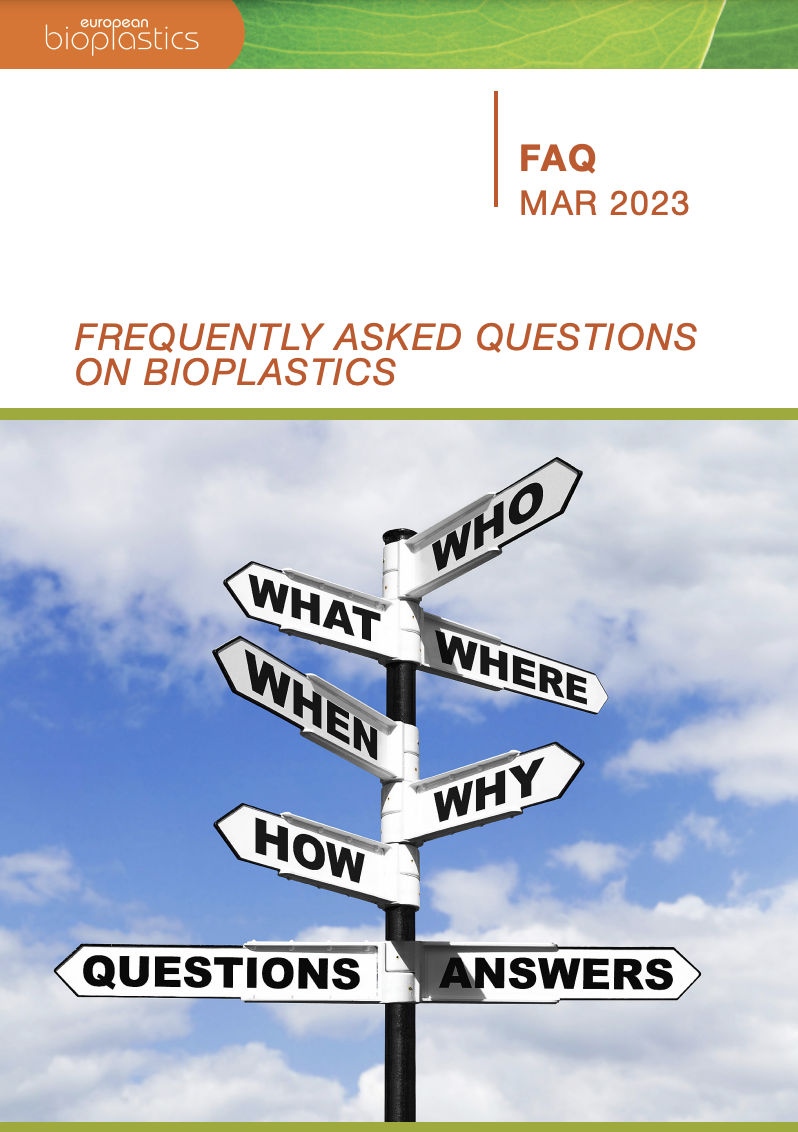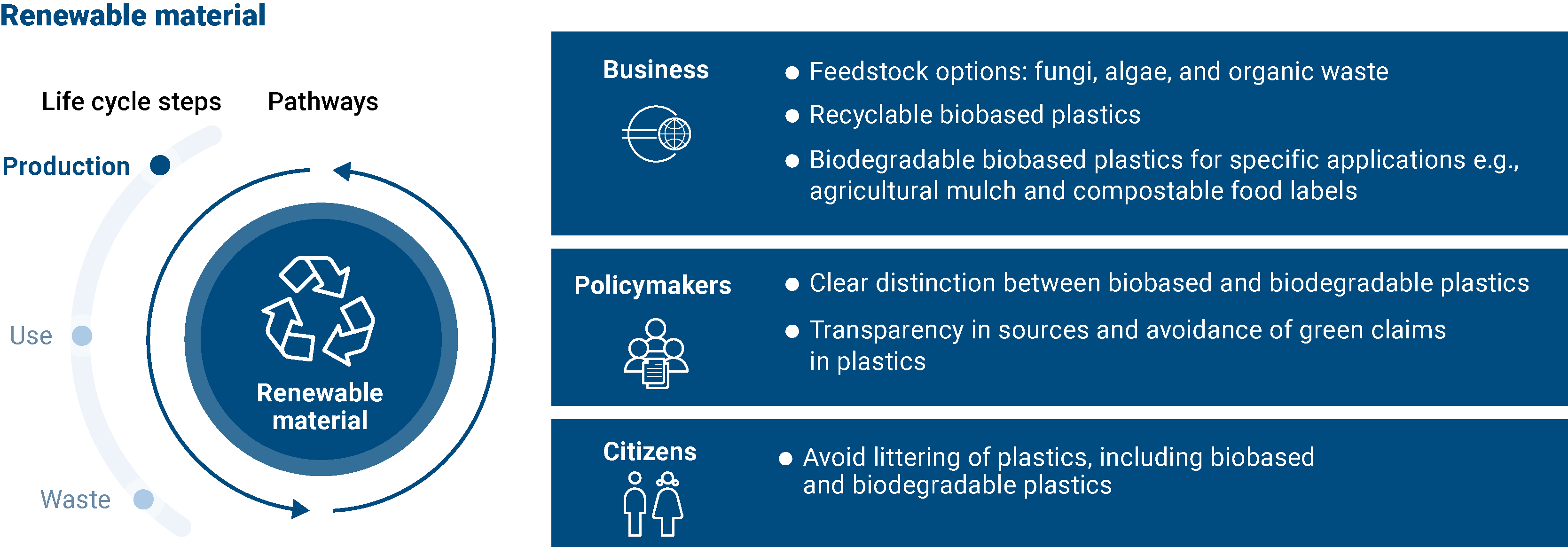European Bioplastics EU Policy Manifesto
Open the document The recent EU Bioeconomy Strategy Progress Report (2022)* provides the most relevant and publicly available data on the EU’s biobased chemicals, pharma, plastics, and rubber sector. According to the report, the role of bioeconomy sectors in generating economic wealth has improved in the past decade in the EU-27. One of [...]
